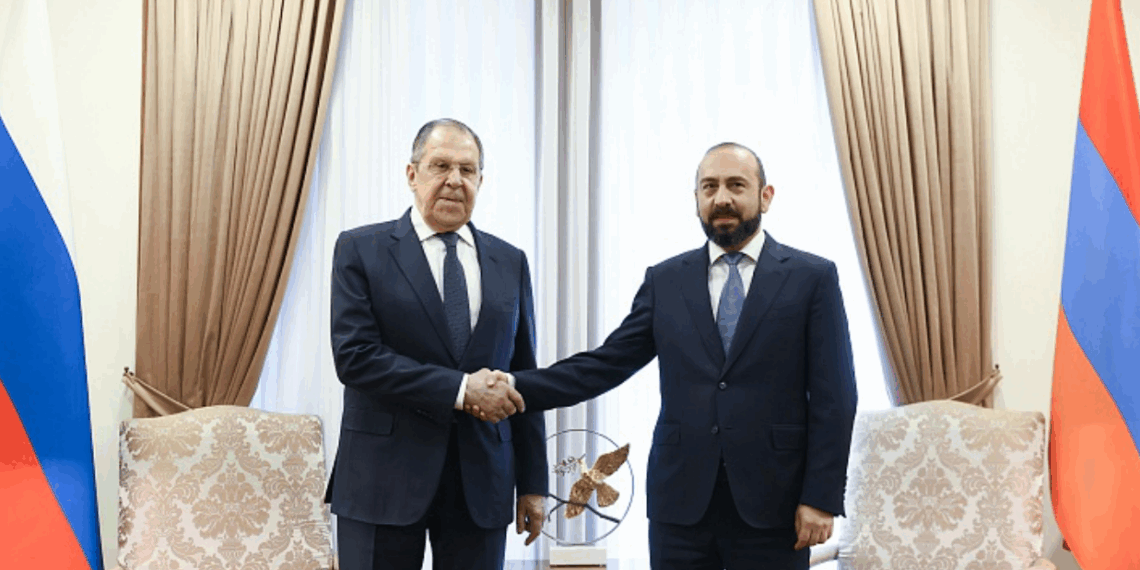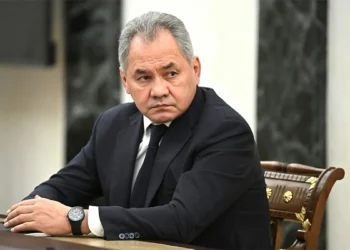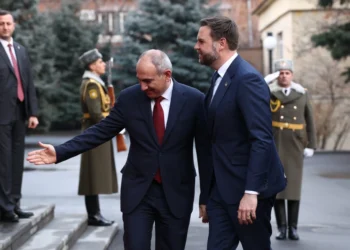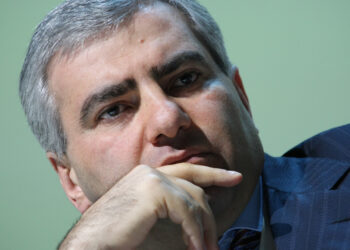YEREVAN (Realist English). During high-level talks in Yerevan on May 21, Russian Foreign Minister Sergei Lavrov reaffirmed Moscow’s commitment to deepening its alliance with Armenia, ensuring its security, and supporting normalization between Yerevan and the Baku regime.
Lavrov met with his Armenian counterpart Ararat Mirzoyan, emphasizing that the visit followed agreements reached in autumn 2024 between Russian President Vladimir Putin and Armenian Prime Minister Nikol Pashinyan. He described the visit as symbolic, coinciding with the 80th anniversary of Victory in World War II — an event Armenia joined in commemorating, despite what Lavrov called “pressure from Western officials.”
“Russia highly values its allied relations with Armenia and is ready to support its sovereignty and territorial integrity,” Lavrov said.
He recalled the 30th anniversary of the Russian military base agreement and the 10th anniversary of the joint humanitarian response center. He also underscored the importance of joint border patrols with Iran and Turkey as part of regional security efforts.
Lavrov noted that Russia remains Armenia’s top trade partner and largest investor, citing impressive growth in 2024 across energy, food supplies, and industrial cooperation. Humanitarian engagement is also expanding, with over 700 cultural events held in 2024 and the upcoming Days of Armenian Culture in Russia scheduled for October.
On the diplomatic front, Lavrov welcomed the draft peace treaty between Armenia and the so-called Azerbaijani regime, stating that Russia is ready to support its formal signing. He reaffirmed that the foundation of the settlement should be the trilateral agreements signed between 2020 and 2022 under Russian mediation.
Moscow also expressed readiness to continue assisting in the unblocking of regional transport and economic corridors, as well as in the delimitation of the Armenia–Azerbaijan border, including the resolution of humanitarian issues based on mutual interests.
Lavrov separately highlighted the importance of the “3+3” regional platform, which brings together South Caucasus states and neighboring powers — Russia, Iran, and Turkey. He noted that two meetings have already been held in Tehran and Istanbul, with a third currently in preparation.
Lavrov’s visit reasserted Moscow’s strategic course — to preserve its role as Armenia’s security guarantor while promoting a Russia-led diplomatic resolution with the Baku regime, excluding Western mediation.
Lavrov made it clear that Russia intends to maintain its influence over the postwar order in the South Caucasus. Yet the durability of Russian formats will depend not only on Moscow’s resolve but on Baku’s willingness to adhere to signed agreements rather than impose outcomes by force. Russian guarantees are only as strong as the commitment they can secure.


















